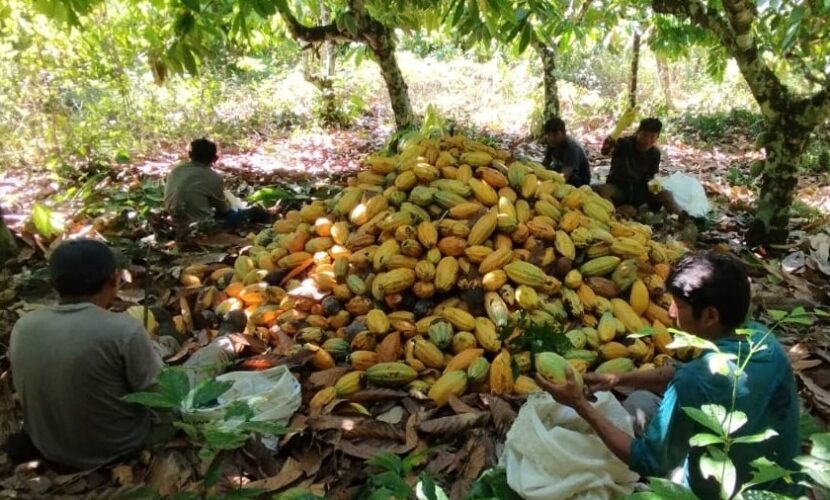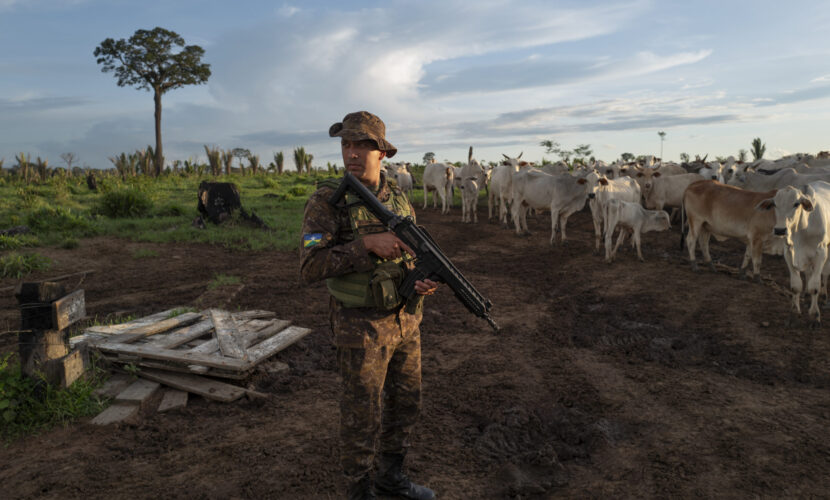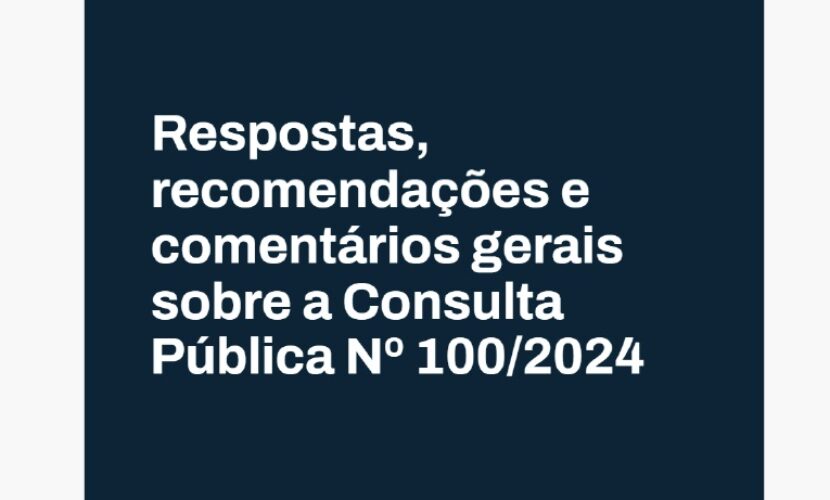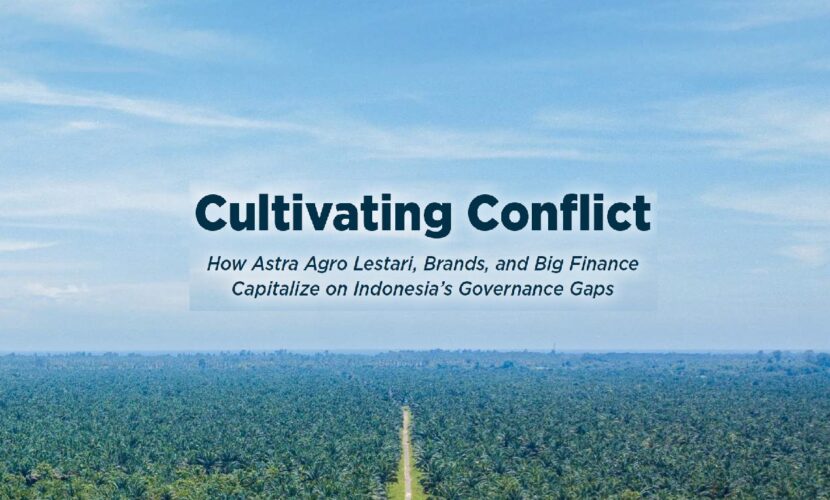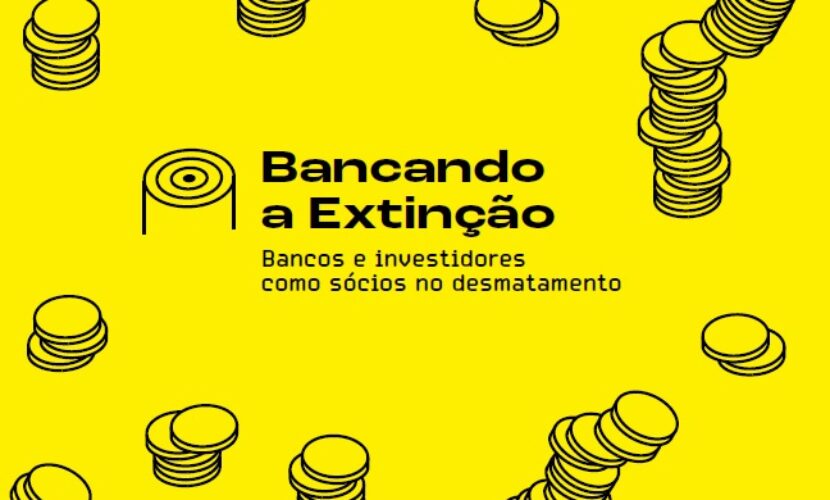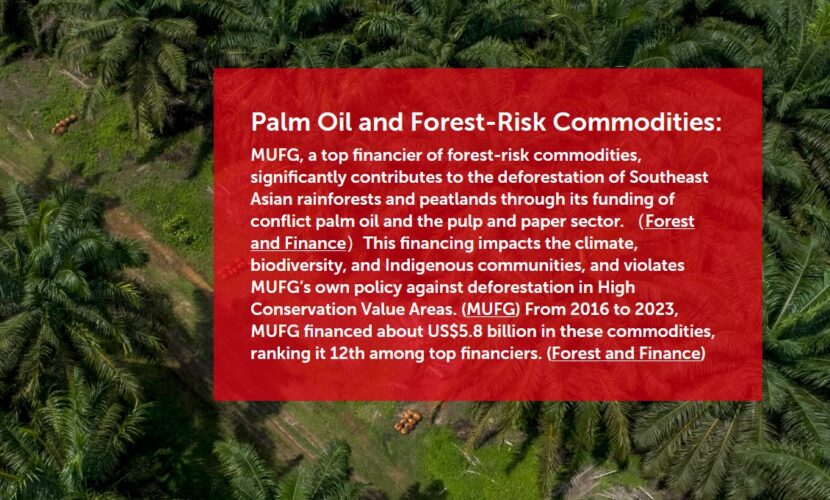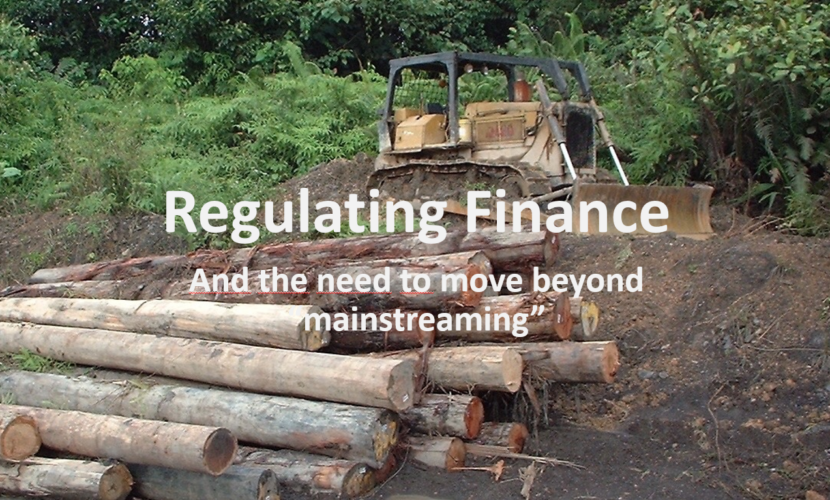News
New Study: Financing for Industrial Livestock Undermines U.S. Banks’ Climate Commitments
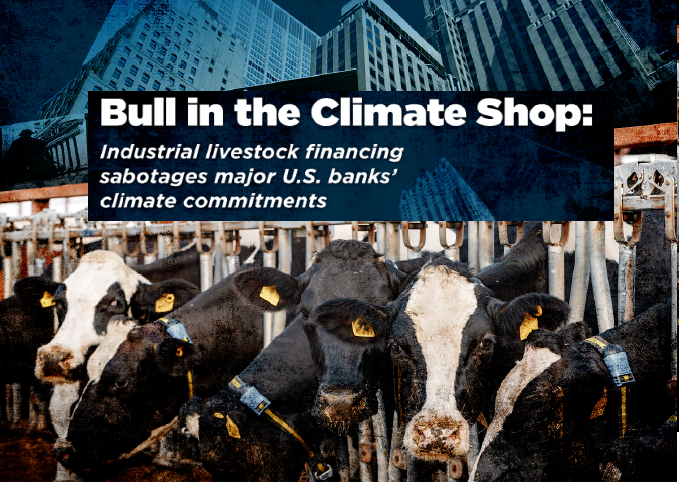
This blog was originally posted by FoE US
Bank of America, Citigroup, and JPMorgan Chase Responsible for More Than Half of the $134 Billion in Financing Examined in the Report
Washington, D.C. – A new study conducted by the Netherlands-based research group Profundo and U.S.-based environmental organization Friends of the Earth examines U.S. banks’ financing of meat, dairy, and feed corporations and the sizable climate impact of that financing.
Between 2016 and 2023, 58 U.S. banks provided $134 billion in lending and underwriting to meat, dairy, animal feed, food processing, and agri-commodity corporations, the report finds. More than half of the financing examined in the report comes from just three major banks: Bank of America (NYSE: BSE), Citigroup (NYSE: C), and JPMorgan Chase (NYSE: JPM).
The study, titled Bull in the Climate Shop: Industrial Livestock Financing Sabotages Major U.S. Banks’ Climate Commitments, finds that U.S. banks’ lending to meat, dairy and feed corporations results in approximately 11% of the greenhouse gas emissions linked to the banks’ financing. However, these corporations represent just a tiny fraction (0.25%) of the banks’ portfolios — a 44X difference. In other words, this financing presents an outsized impediment to banks meeting their climate commitments.
“Banks have committed to pathways to net zero, but they are ignoring a huge ‘cow-shaped hole’ in their plans,” said Monique Mikhail, lead author of the study and the director of Friends of the Earth’s Agriculture & Climate Finance program. “Big Meat & Dairy exerts a vastly disproportionate impact on the banks’ total emissions, putting their own stated climate commitments at risk.”
“Our research finds that by eliminating their financing of high-emitting corporations involved in meat, dairy, and feed production — a relatively small change in how they allocate their capital — these big banks can affect a sharp emissions reduction,” said Ward Warmerdam, another author of the study and the Senior Financial Researcher at Profundo. “According to our research, defunding industrial livestock production is one of the most climate-positive choices these banks could make.”
The report recommends that U.S. banks:
- Halt all new financing that enables the expansion of industrial livestock production.
- Require meat, dairy, and feed clients to disclose third-party verified 1.5°C targets and action plans that align with IPCC or an equivalent science-based sectoral pathway.
Key findings from the study include:
- Financing of meat, dairy, animal feed, food processing, and agri-commodity corporations has an outsized impact on the Big Three banks’ financed emissions, accounting for just 0.25% of the banks’ total loans outstanding but roughly 11% of reported financed emissions — a 44X difference.
- Industrial livestock production generates massive GHG emissions: Together, the 56 largest corporations involved in meat, dairy, and/or feed production reviewed for this study generate more carbon dioxide-equivalent emissions (CO2e) each year than the entire nation of Japan, the world’s eighth largest emitter.
- U.S. bank financing to corporations involved in industrial livestock production has significant climate impacts: U.S. banks financed and facilitated 63.1 million metric tons of carbon dioxide-equivalent emissions (CO2e) in 2022 via their lending and underwriting to meat, dairy, animal feed, food processing, and agri-commodity corporations.
- This is roughly the same amount of COe emitted by 14 million cars driven in one year (the same number of cars registered in the state of California).
- Bank of America, Citigroup, and JPMorgan Chase’s lending and underwriting have led to 24.4 million metric tons of CO2e emissions.
- Methane impact is worse for warming than CO2: Up to 70% of the 58 U.S. banks’ total meat and dairy related financed and facilitated emissions are methane (using GWP20), which has 80X the warming potential of carbon dioxide. This means reducing methane will have an outsized impact on portfolio emissions.
- Researchers calculated that meat and dairy corporations’ actual emissions may be up to 4X higher than reported figures.
- Meat, dairy and feed corporations omit or understate their emissions by millions of tons a year, masking their impact on U.S. banks’ Scope 3 totals.
- More than half of the corporations assessed in the study do not report emissions at all, and only 22% disclose Scope 3 (value chain) emissions. Scope 3 emissions account for up to 90% of agribusiness corporations’ total carbon footprint.
- Meat giants, food processing corporations, and agri-commodity traders that supply animal feed are the highest emitters among the Big Three U.S. banks’ livestock value chain clients:
- Cargill, ADM (NYSE: ADM), Bunge (NYSE: BG) and Nestlé (NSRGY) account for the bulk of financed emissions (Bank of America, 76%; Citigroup, 92%, and JPMorgan Chase, 86%).
- Bank of America’s underwriting of JBS alone accounted for 87% of its facilitated methane emissions from meat and dairy corporations.
Methodology:
Drawing on information from financial databases, company reports, company publications, company register filings, and media and analyst reports, researchers identified the largest 56 companies by production volume across six industrial livestock subsectors (beef, dairy, pork, poultry, animal feed, and soy trade) and the lending and underwriting services provided to these companies by U.S. banks during the period January 2016 to March 2023.
You can read the full study, Bull in the Climate Shop: Industrial Livestock Financing Sabotages Major U.S. Banks Climate Commitments, here.
